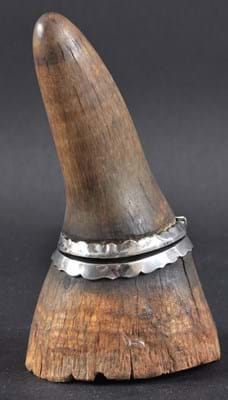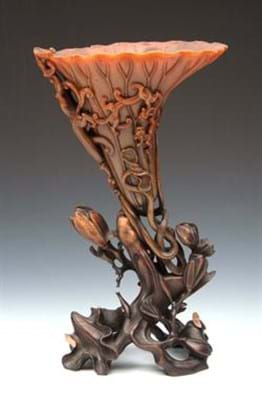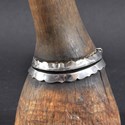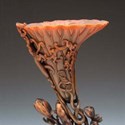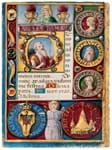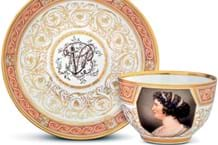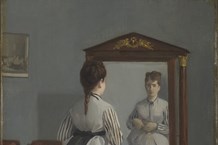The British Antiques Dealers’ Association is calling on the government to introduce tough new regulations on the UK trade in objects containing or made of rhino horn.
There are already strict EU rules surrounding the sale and export of rhino horn, but they allow the sale of ‘worked’ items acquired or prepared prior to 1947.
BADA’s proposal would go beyond this, suggesting the trade body sets up a “rigorous” certification scheme ensuring only items of high artistic merit dating from pre-1947 with a value over $100 per gram can be traded.
The move comes just ahead of the Illegal Wildlife Trade Conference: London 2018 hosted by the government from October 11-12 in London.
Rhino rules
The regulations on rhino horn have been subject to a series of changes since 2010, when the UK authorities said all such works of art must be subject to a prior approval process.
Each item required a CITES pre-sale authorisation letter from the Animal and Plant Health Agency.
However, this is no longer the case as the policy was dropped in 2016.
Marco Forgione, chief executive of BADA, said the trade body’s call was timed to coincide with the illegal wildlife trade conference, which is expected to attract heads of state, NGOs and wildlife charities.
“As BADA has a strong environmental commitment, it’s important that action is taken to ensure that modern poached rhino horn is prevented from entering the UK market and that rhino horn already in the UK cannot be ground down and exported for whatever reason,” Forgione said.
Parliamentary attention
Objects made of antique rhino horn were cited in recent parliamentary debates on the forthcoming ivory ban.
The UK, as a CITES convention signatory, does not allow the sale, regardless of age, of uncarved rhino horns including those mounted in silver as inkwells, clocks, etc, or those mounted as big game trophies on or off shields.
Ahead of the Illegal Wildlife Trade Conference this week a survey by Save the Rhino reported that of a sample of a possible 300 rhino horn items for sale, more than 10% were deemed to be possibly dating from after 1947. Cathy Dean, chief executive of Save the Rhino, said: “Gaps in the system are likely, allowing illegal items to be sold in order for unscrupulous individuals to gain.”


